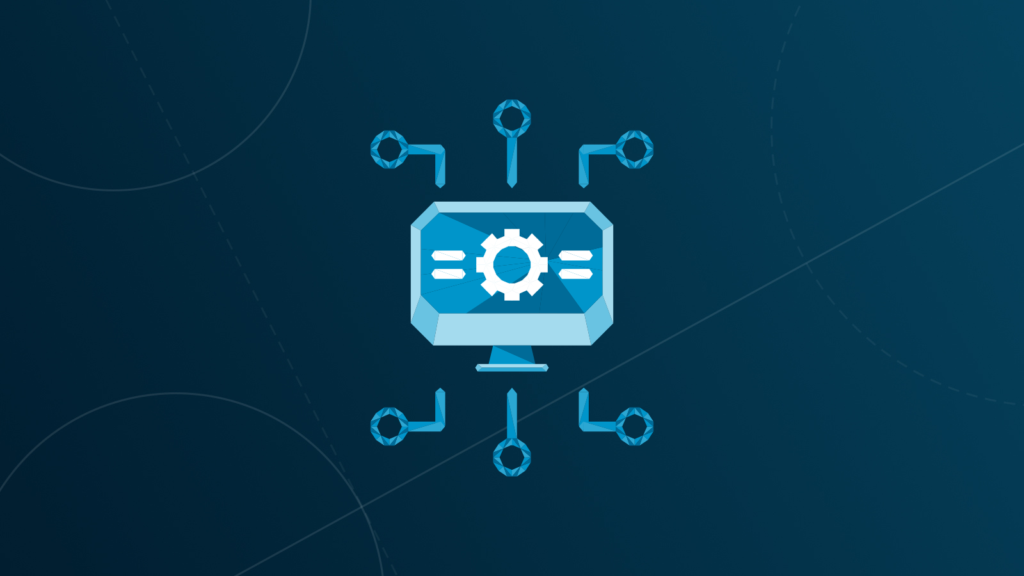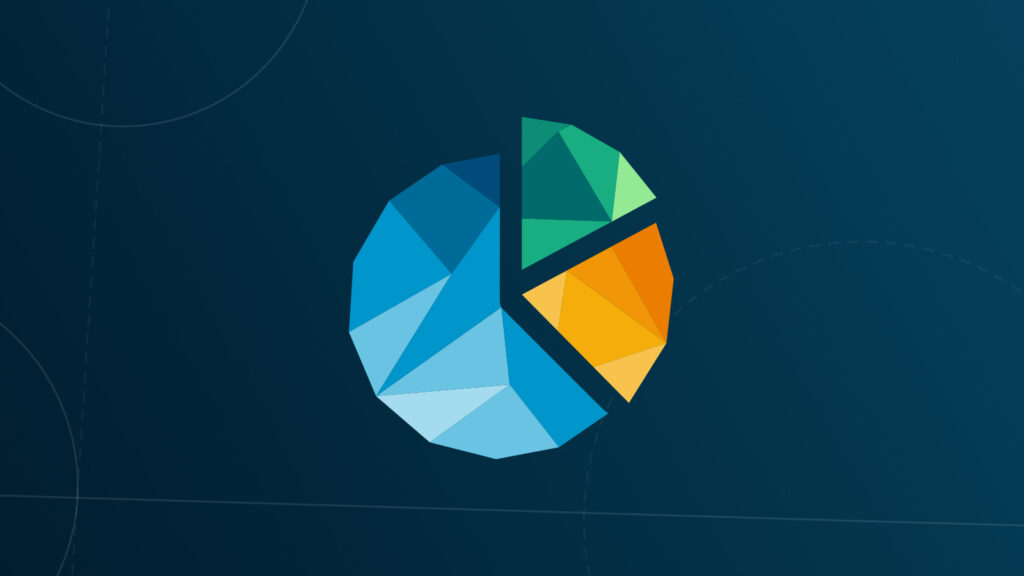
Artificial Intelligence (AI) isn’t just a buzzword or a luxury reserved for large corporations. Today, it’s increasingly accessible to charities of all sizes, offering powerful ways to increase efficiency, reduce costs, and ultimately amplify impact.
But where do you begin if you’re an IT leader in a charity with limited time, budget, and resources?
This blog shares practical advice for getting started, inspired by a recent conversation between Tree Hall, CEO of Charity IT Leaders and Leon Godwin, Principal Cloud Evangelist at Cloud Direct, along with thoughtful questions raised by our webinar audience.
Why AI Matters for the Charity Sector
As the cost of intelligence decreases and the capabilities grow, AI offers charities new ways to streamline services and enhance delivery. From reducing admin burdens to improving access to information for beneficiaries, AI can unlock real value, without requiring a major digital transformation or technical overhaul.
How to Choose the Right First AI Project
One of the biggest barriers to getting started is knowing where to start. Here’s a simple three-step approach to help you choose your first AI initiative.
1. Define What “Good” Looks Like
Work with your team to agree on the criteria for a worthwhile AI project:
- Mission Alignment – Does it support your core objectives or directly benefit your service users?
- Real Problem Solving – Is it addressing a significant time sink or bottleneck?
- Feasibility – Do you have the data and resources to trial this without heavy risk?
2. Start Small, Aim for Impact
Avoid trying to transform everything at once. Instead, pick one or two low-risk, high-value tasks—like answering FAQs, automating data entry, or triaging incoming requests.
3. Learn and Iterate
Your first project should be a learning experience. Gather feedback, measure success, and adapt based on real outcomes.
Funding Support: AI on a Charity Budget
Worried about costs? You’re not alone, but you’re not without options:
- Microsoft offers generous discounts and grants on AI and cloud tools for eligible non-profits. Find out more on what is available to you.
- At Cloud Direct, we support UK charities in identifying and applying for these resources. Reach out us (enquiries@clouddirect.net), to check your eligibility and get started.
Build Your Own AI Assistant – No Coding Required
Many tools now let charities build simple, customised AI “helpers” without needing in-house developers.
Imagine:
- An AI Bot trained on your volunteer handbook that instantly answers common questions on your website or Microsoft Teams.
- A Smart Document Assistant that searches your funding applications or programme reports to find key information on demand.
Tools like Microsoft Copilot Studio make this possible by letting users describe what they want the AI to do, then connecting it to your data. Whether stored in SharePoint, your CRM, or your public website.
Data, Ethics and Governance: Set Your Ground Rules Early
AI doesn’t need to be risky if used responsibly. Here are two simple ways to keep your team aligned:
- Set Guidance, Not Restrictions – Instead of trying to maintain a long list of “approved apps”, give staff clear guidelines on how to use AI responsibly. Focus on data privacy, safeguarding, and transparency.
- Get Better at Prompting – Generative AI tools rely on well-crafted prompts. Use tools like Copilot Prompt Library to get better results faster.
Final Thoughts
AI can help charities do more with less. Whether it’s saving time, improving experiences, or unlocking new ways to deliver your mission—starting small can lead to significant change.
The tools are ready. The support is available. The first step is yours to take.
Ready to Begin?
If you’ve made it this far, you’re likely serious about exploring AI. So what’s your next step?
- Book a Free Workshop – Cloud Direct offers complimentary AI workshops for UK charities. We’ll help you identify quick wins, review your data readiness, and explore what’s possible.
- Run a Small Pilot – Pick one idea, test it, and build from there.
On-Demand: AI Readiness Bootcamp
Ready to dive deeper into AI for your organisation?
💡 AI Readiness Bootcamp – A Non-Profit’s Guide to Innovation and Impact
This session is designed specifically for UK charity leaders and IT decision-makers. We explore how to assess your organisation’s AI readiness, identify high-impact use cases, and build a simple roadmap to start delivering value quickly.
Written by





